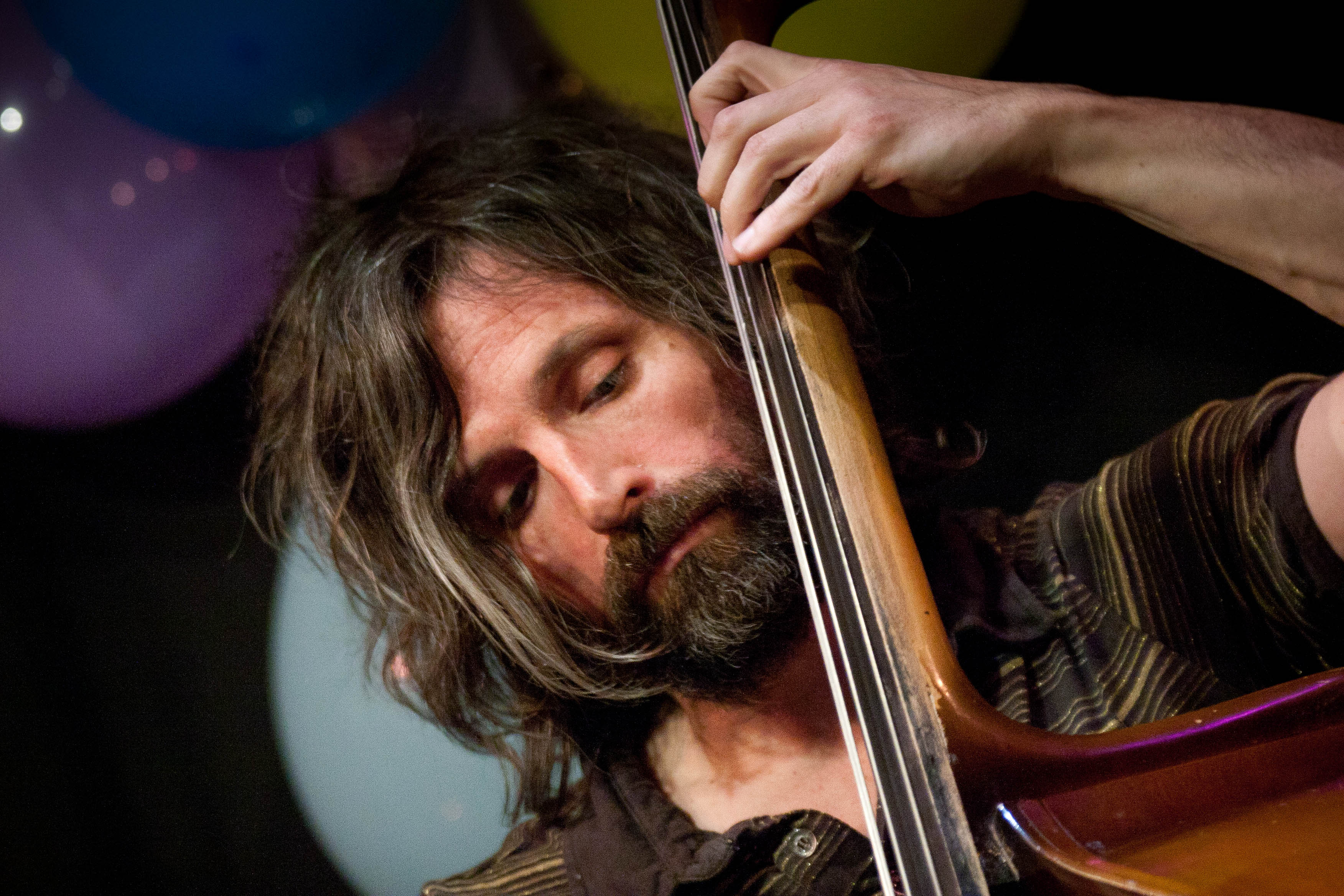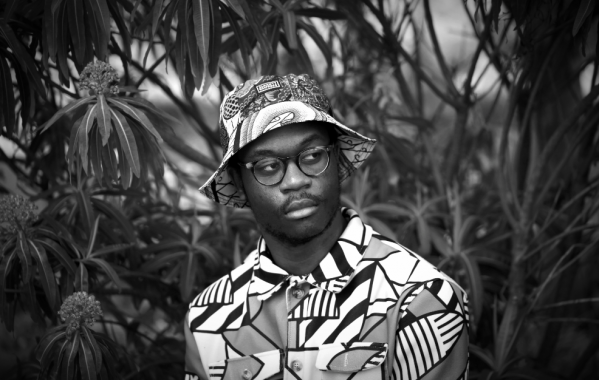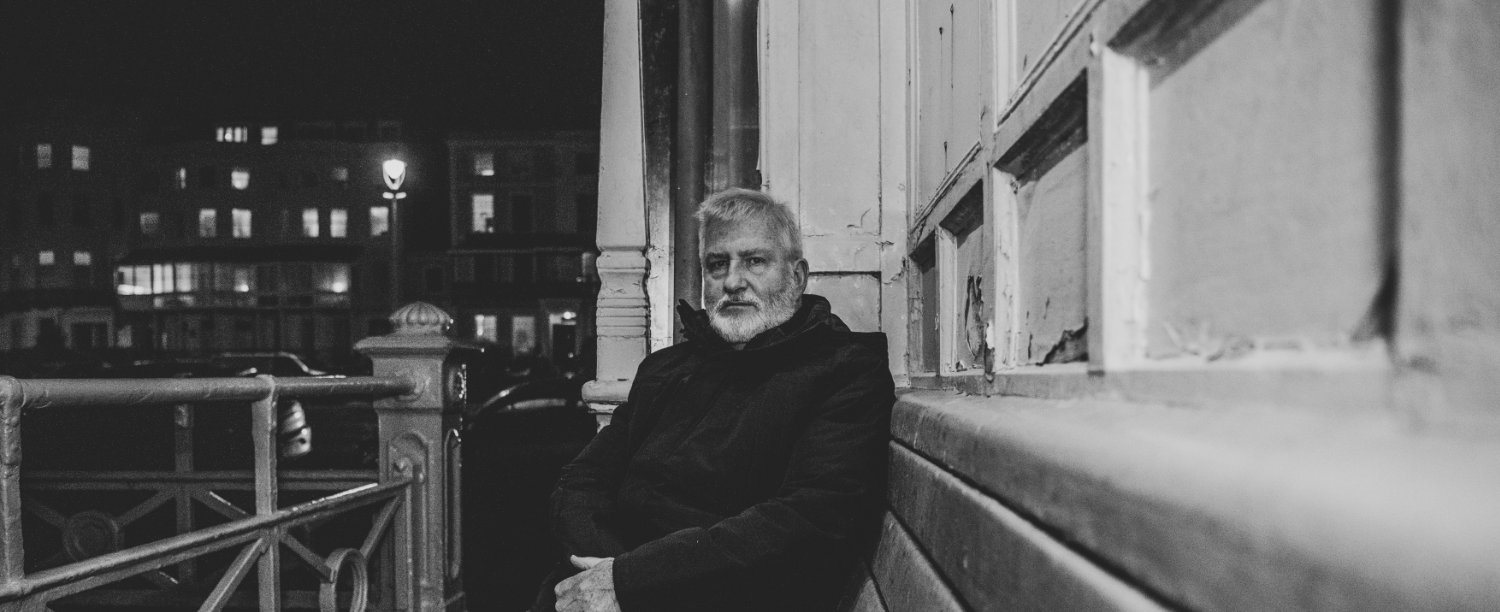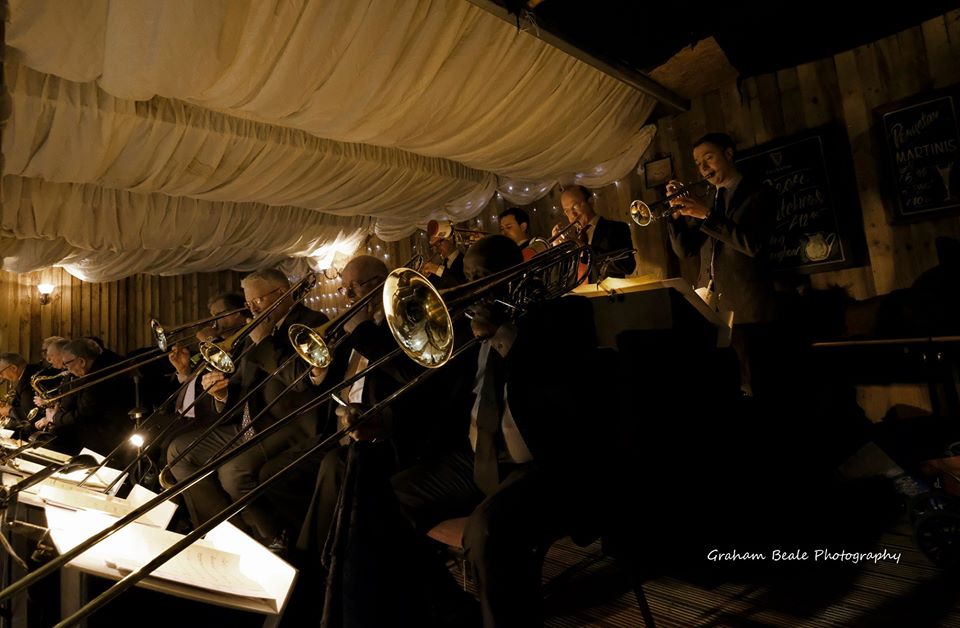The Column: Eddie Myer – Making The Connection

The 1962 movie The Connection isn’t widely screened today – it’s blend of modernistically gritty black-and-white visuals and that school of 1950s acting which blended broad-brush theatricality with earnest, painstakingly sincere close-ups hasn’t dated particularly well, and it’s strict observation of the Aristotelian dramatic unities (it started life as an off-Broadway play) makes it seem slow-paced against the CGI-laden frenzies of digital editing demanded by contemporary movie-goers. However there’s plenty in it to interest jazz lovers, not least because it draws its characters from the world of Golden Era jazz. It’s the story of a group of jazz players waiting for their heroin dealer – one of the grim paradoxes of the so-called Golden Era of the 40s to 60s was that so much amazing music flourished and thrived while the musicians themselves suffered so grievously from racism, poverty, prejudice, and their own intemperate appetites.
Layers of meaning and interpretation surround the movie like the skins of an onion. The story concerns a film-maker, who wants to film ‘the connection’. He agrees to pay for the necessary dope in order to get his movie – the junkies will have to get their shots so that he can get his shot. But his role as voyeur does not protect him – his subjects turn the tables, persuading him that unless he tries heroin himself his insights – and his movie – will be shallow and worthless. He succumbs. So we, the audience, watch a film made for us by film-makers about a film-maker making a film; the subjects turn the tables on the auteur, who is himself a fictional patsy for the real film-maker – Shirley Clarke, a rare female director in the male-dominated art world of the post-war period. Who’s the victim, and who the exploiter?
To deepen the layers of meta-meaning, the parts of two of the musician junkies are played by actual musicians who were also actual junkies. Freddie Redd’s name hasn’t resonated down the ages, but his colleague Jackie McLean (spell it Mr McClean for extra irony) is one of the jazz immortals. He took the part in the original stage play as he attempted to rehabilitate his career after losing his cabaret card following a drugs bust – musicians in New York were issued with the cards so that they could be revoked for offences of moral turpitude, thus preserving the general public from the potentially degrading influences of jazz music. So in order to get back on track, he had to pretend to be a junkie again. All of Shirley Clarke’s other features were also banned by the New York State censors. Life imitated art, and vice-versa, at dizzying speed, as the world groped it’s way into the smoky dazzle of post-war modernity.
Jazz thrives on connections of it’s own, though its connection to the sub-culture of hard drugs did it a lot of damage. In the purest form, it’s about musicians making spontaneous connections, between themselves and the other players on the bandstand, between the nodes and interstices of harmony and rhythm skittering towards them in the headlong rush of bebop, between the awareness of the tradition and the urge to push the music into the future. Without the vital connection between the player and their audience, however, all music loses its relevance, and it’s this connection that some jazz musicians struggle to make. In the internet age, connection is the big story – jazz fans can build networks of connections online to an extent that would have been impossible twenty years ago. Yet an unexpected consequence of the internet age has been increasing cultural fragmentation- more connectivity but less connectedness.
What’s needed is an extra effort to join together artists with audiences, and bring together the disparate music scenes which, though they share a common appreciation of the many-headed animal that is jazz, too often work at cross purposes. There’s a wealth of music in this city, and a horde of people ready to hear it. We need to work on making the connection!


